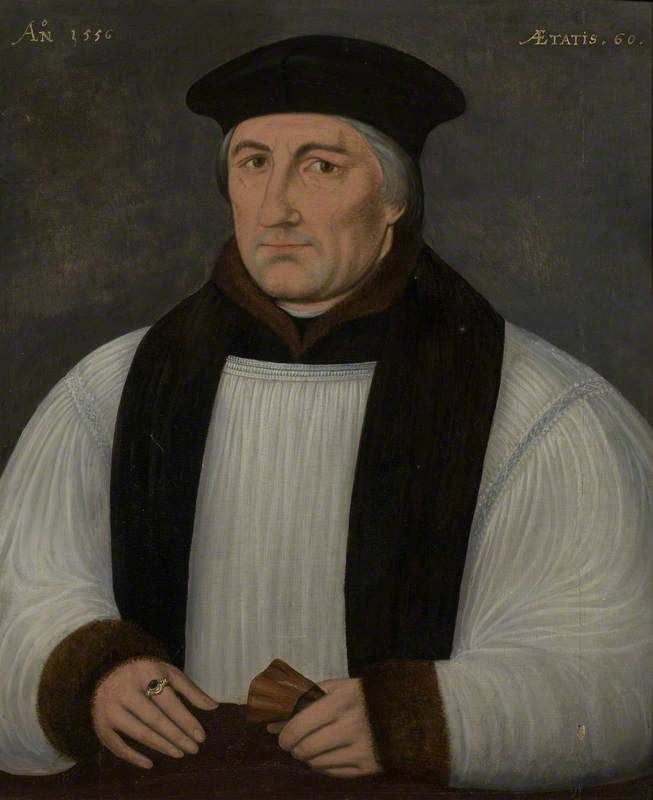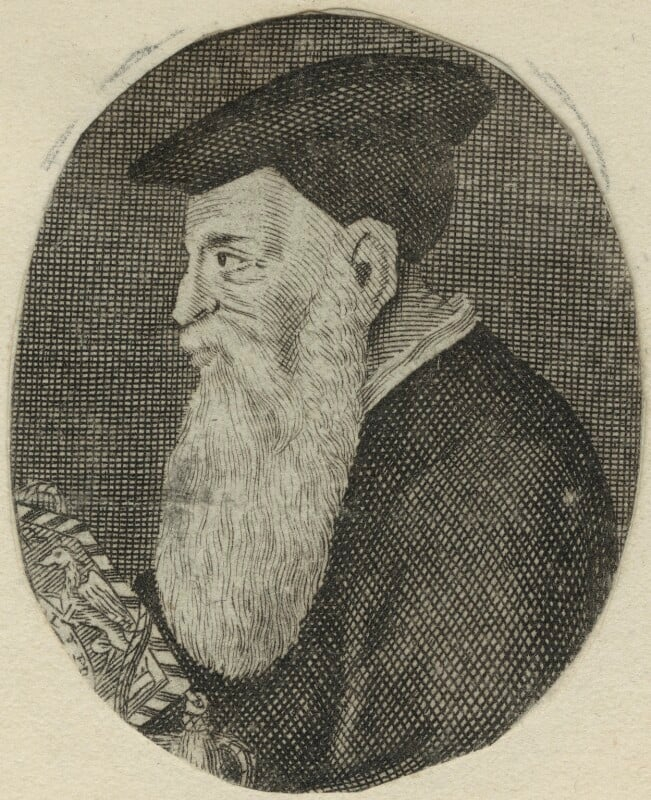Stephen Gardiner

During the English Reformation, Stephen Gardiner was a politician and English Catholic bishop who served as Lord Chancellor under Queen Mary I and King Philip. His skills soon caught the attention of Cardinal Thomas Wolsey, who hired him as his secretary. In this role, it is stated that he was present at The More in Hertfordshire for the signing of the illustrious Treaty of the More, which brought King Henry VIII and the French diplomats there. He most likely initially caught the king's attention on this visit, but it appears that he did not begin actively serving Henry until three years later. He definitely picked up some international politics expertise while working for Wolsey.
He and Sir Thomas More were appointed England's delegates in 1527 to negotiate a deal with the French diplomats to fund an army in Italy to fight Charles V, the Holy Roman Emperor. He was dispatched to Orvieto in 1527 as a canon lawyer to ask Pope Clement VII for a decretal commission that would allow the king's divorce case to be heard in England. He was also named ambassador to France in 1535, serving there for three years. In 1532, Cromwell allowed Gardiner to step down from his position as secretary. As a result, Cromwell joined Cranmer on Gardiner's list of adversaries. To combat some of the Protestant sympathizers on his royal council, the king retained Gardiner there, but he forbade the bishop from putting Cranmer on trial for heresy. Gardiner and Thomas Howard, 3rd Duke of Suffolk, both had a role in Cromwell's demise. After the six-year reign of the fervently Catholic Mary I, Gardiner would have his just desserts when he was reinstated to his see and elevated to the position of lord chancellor of the realm.













